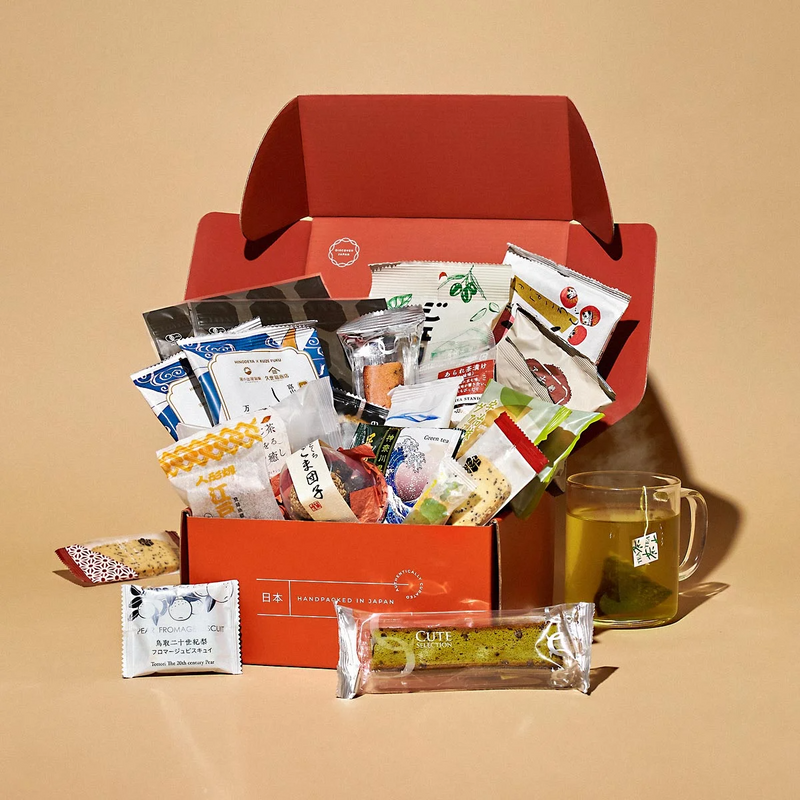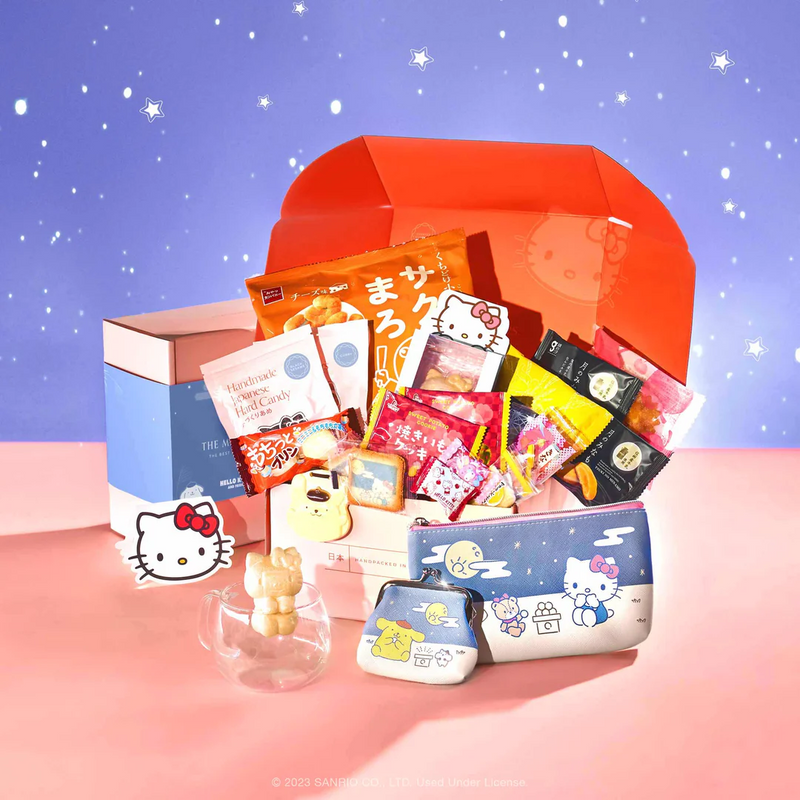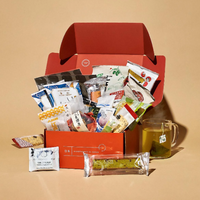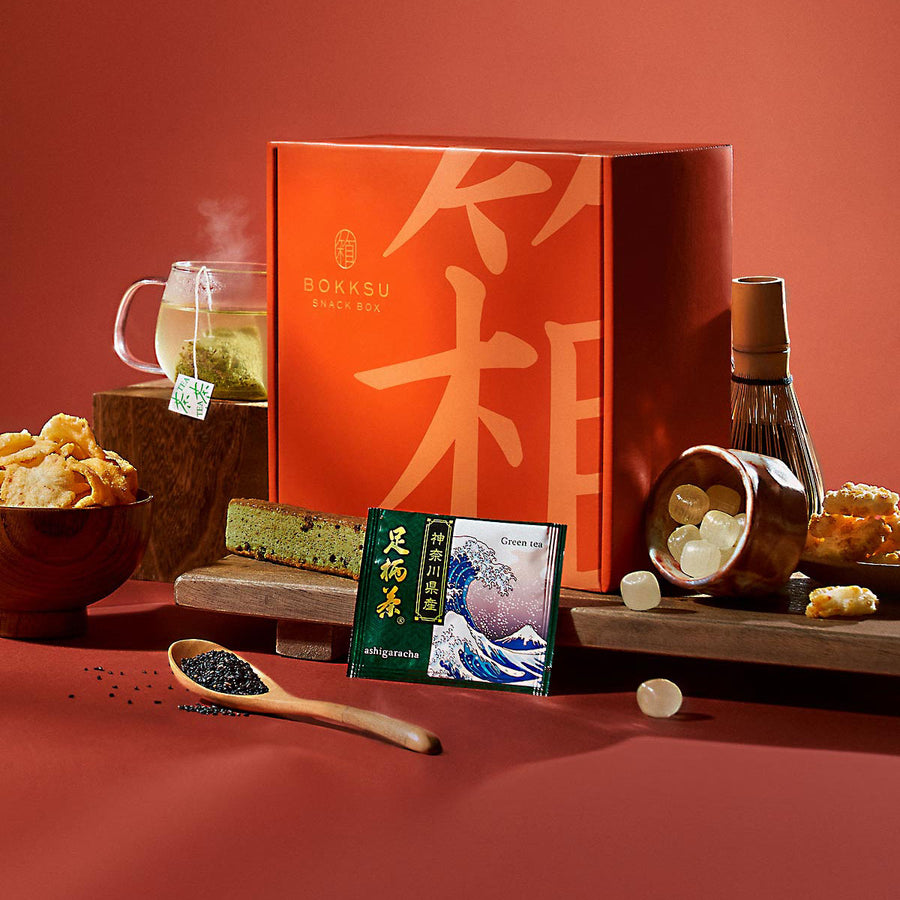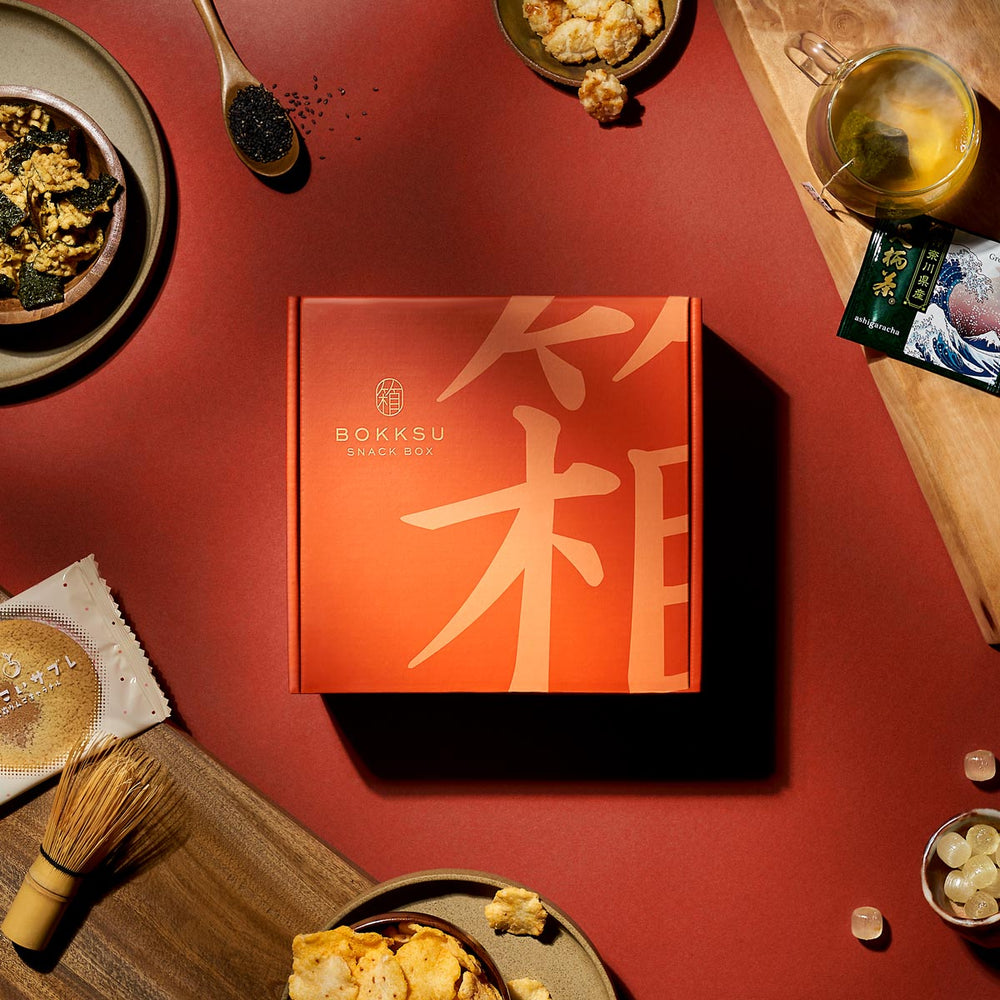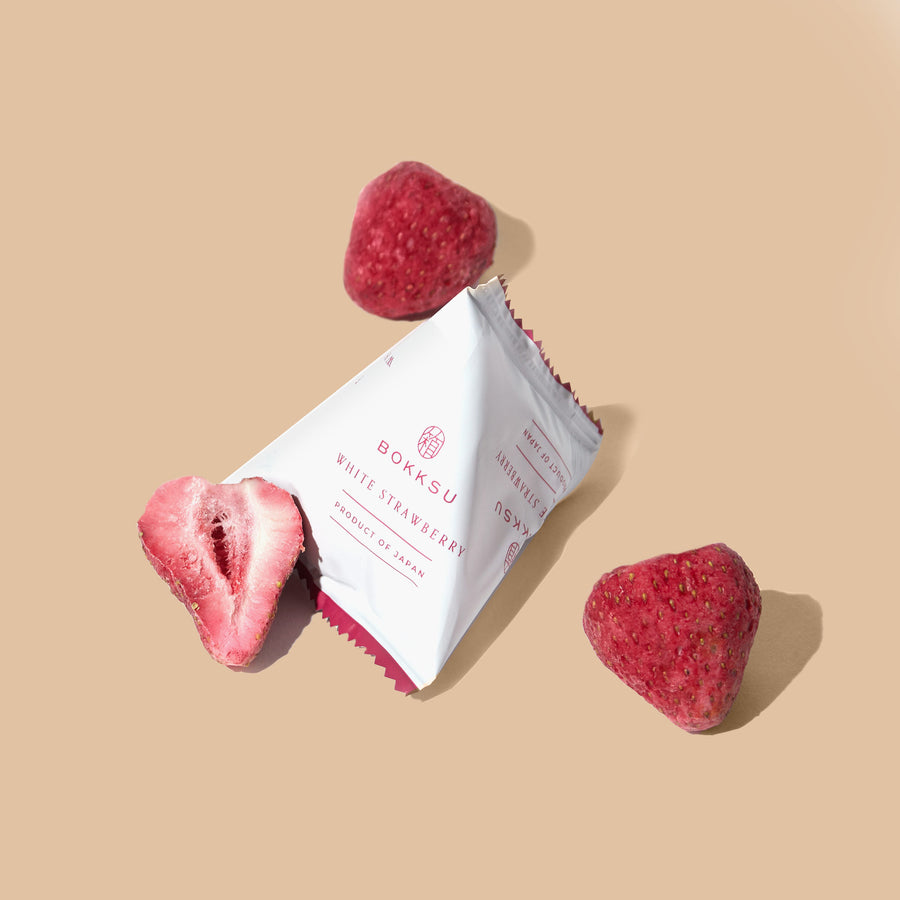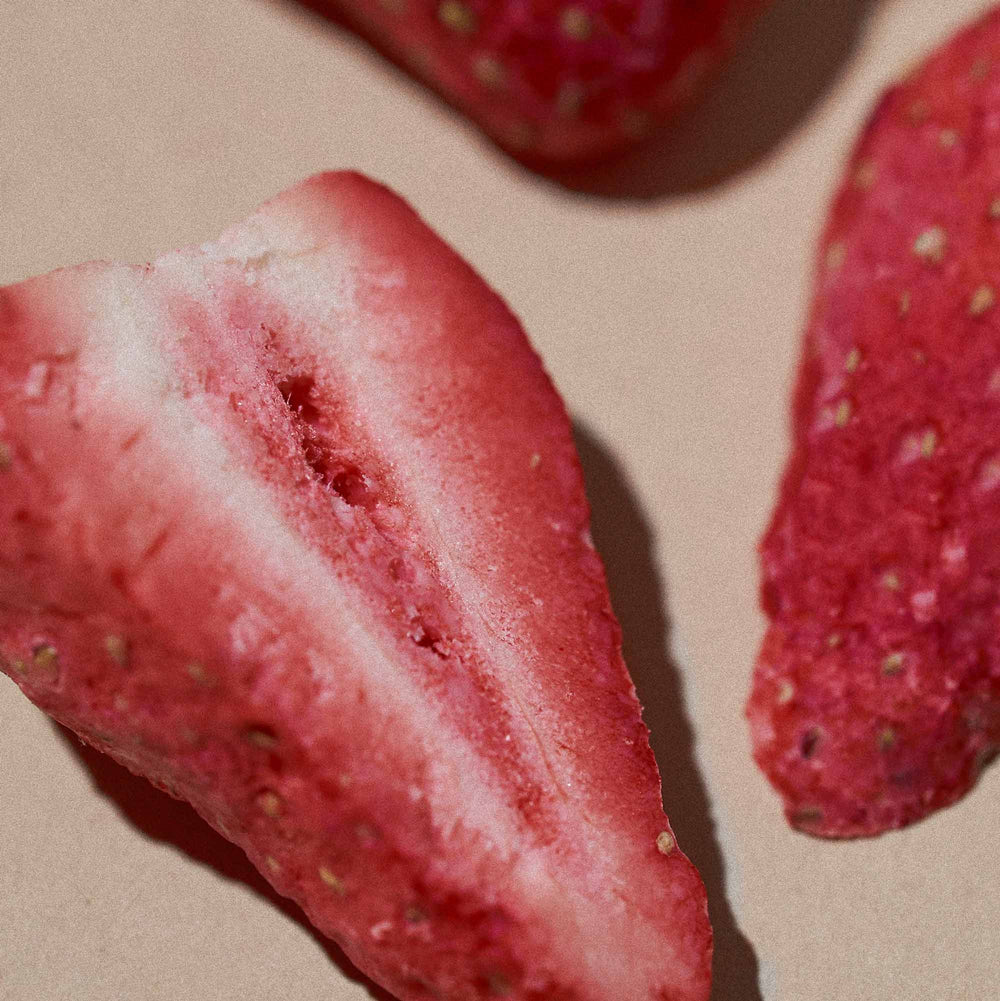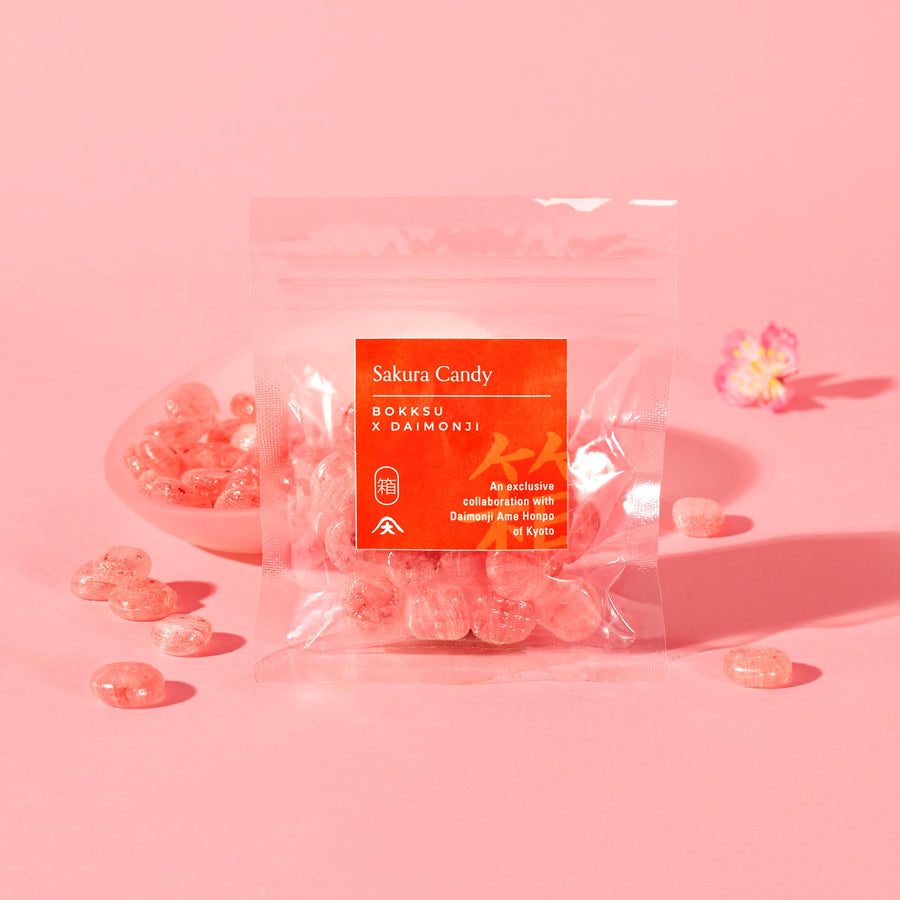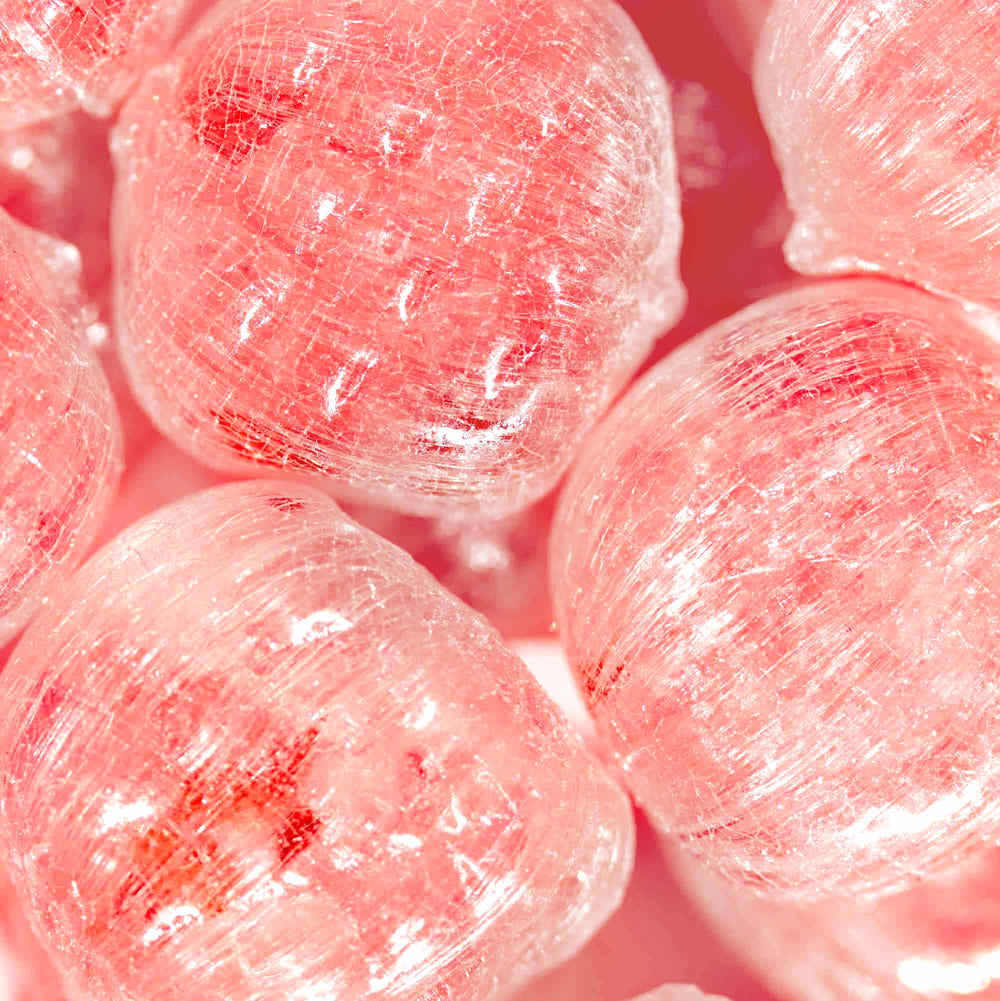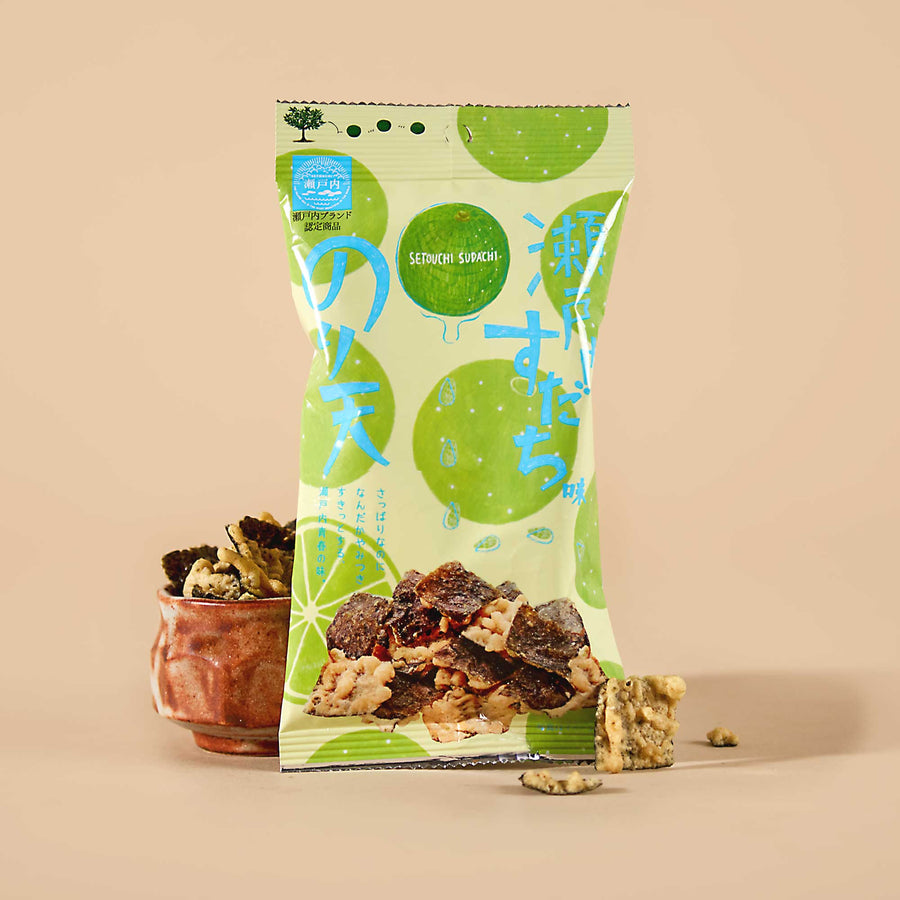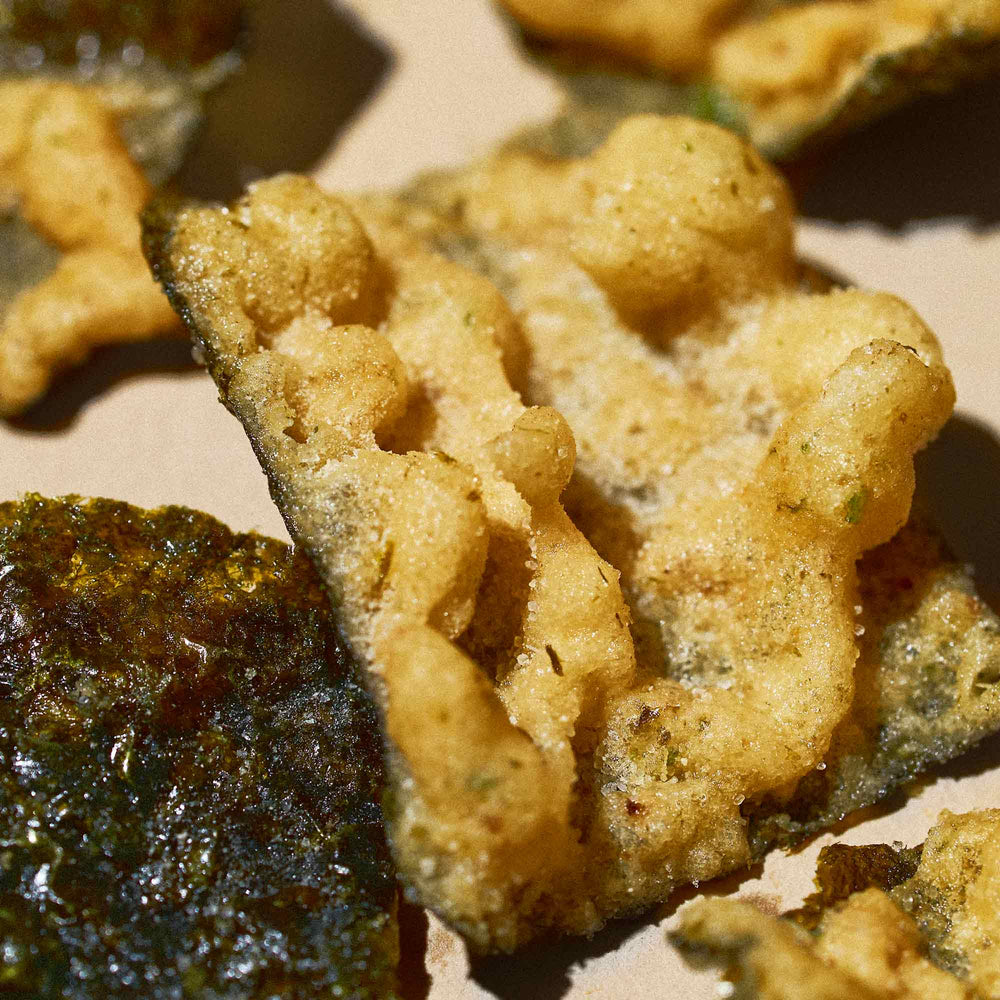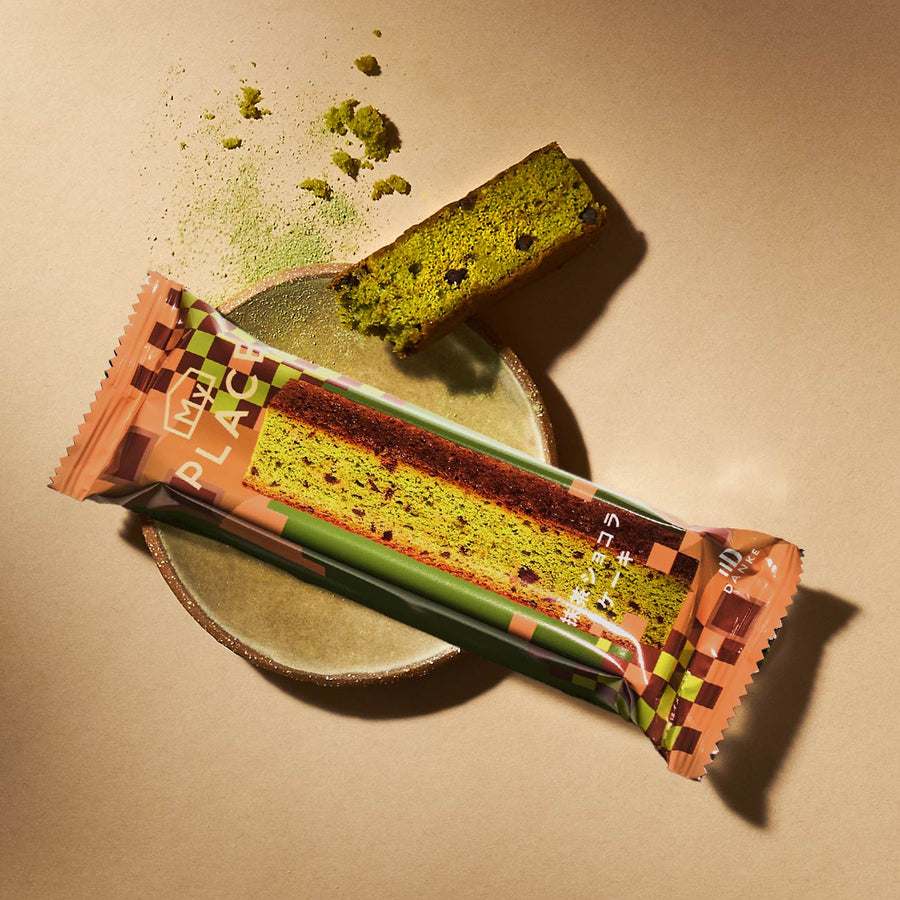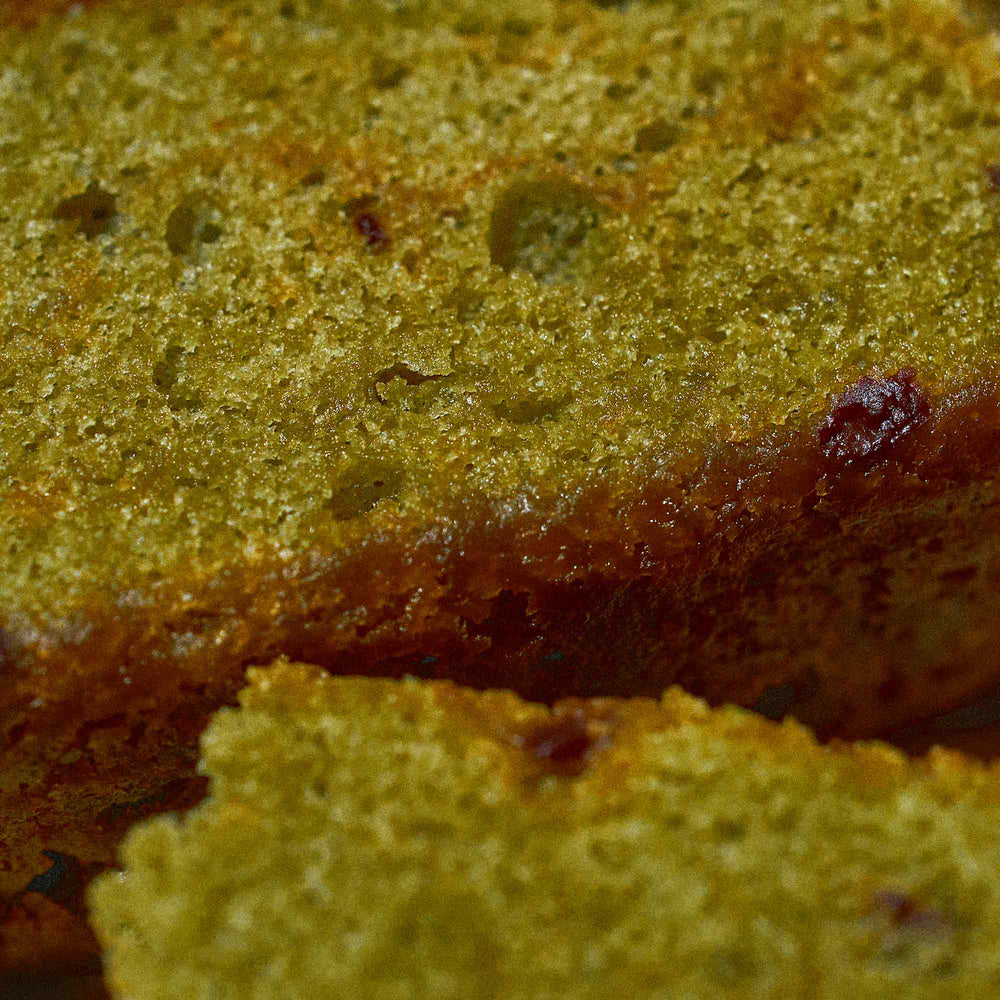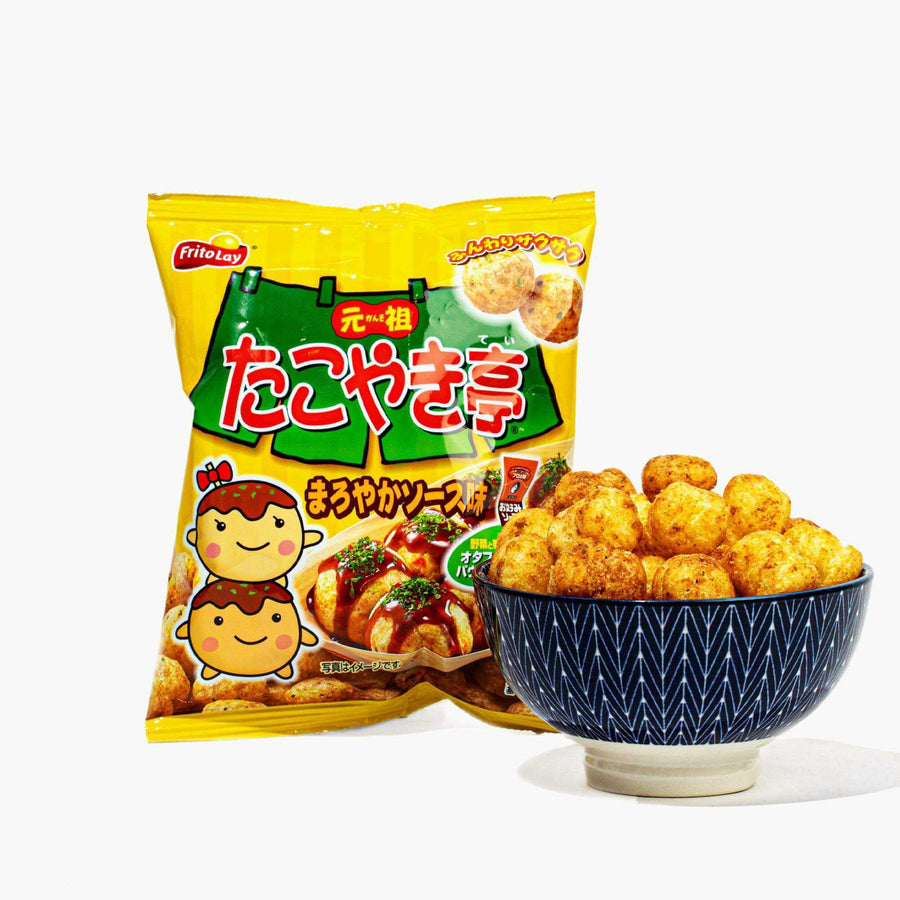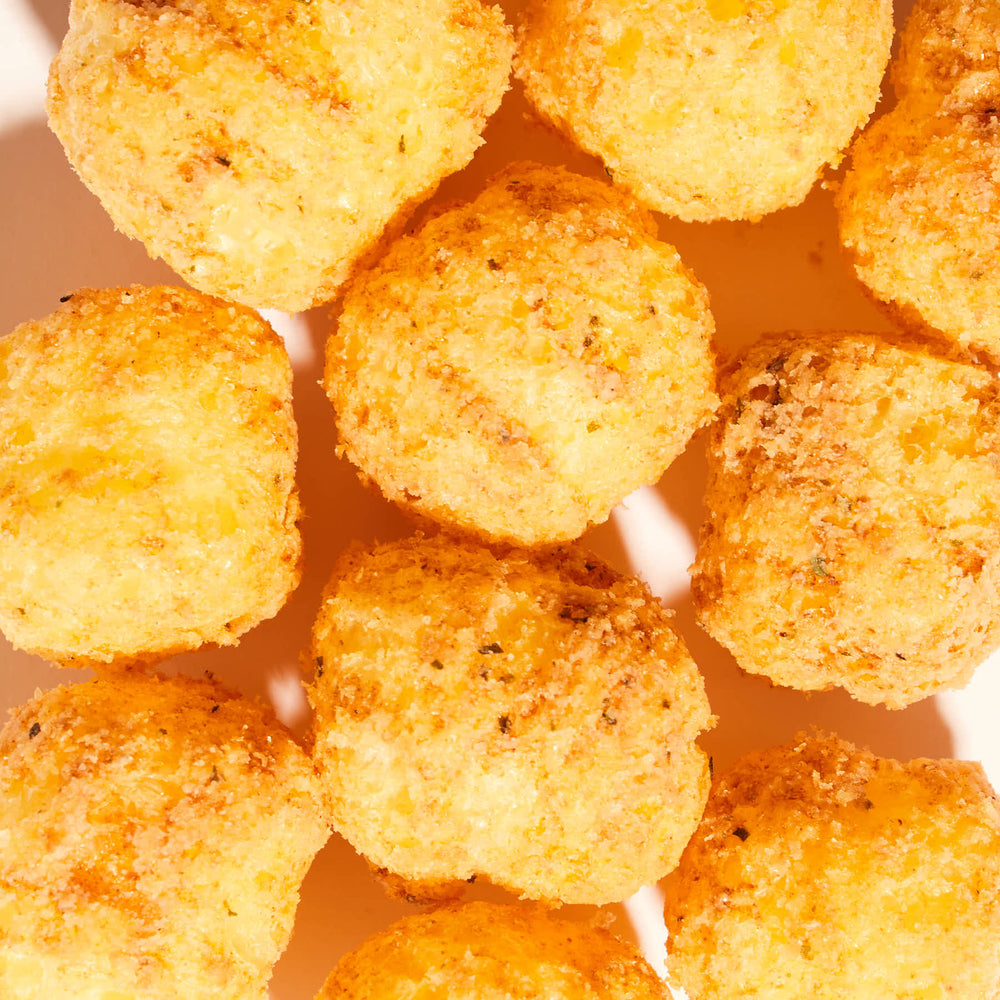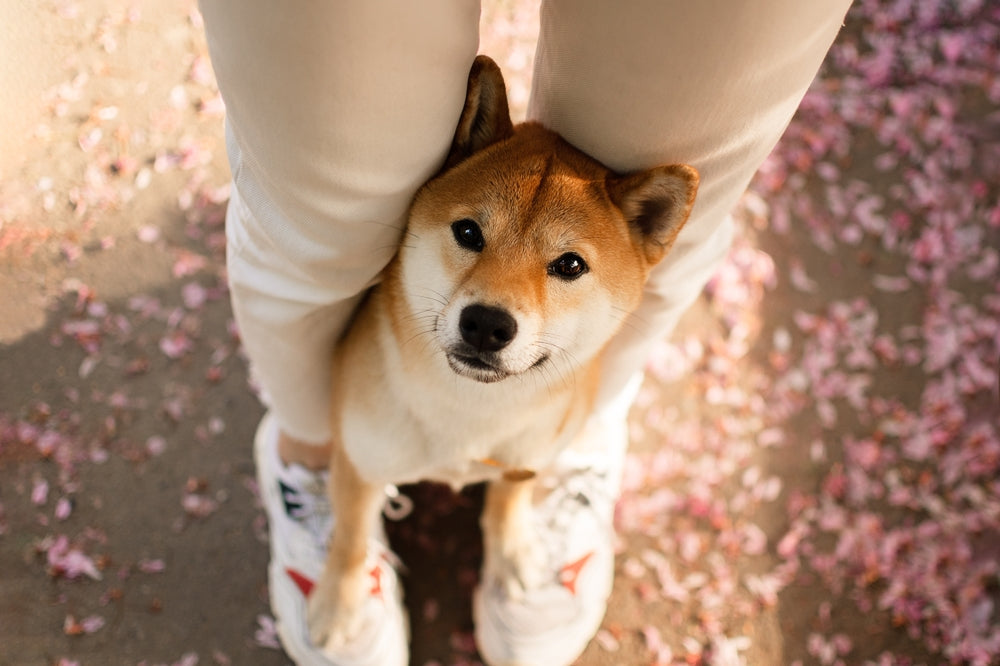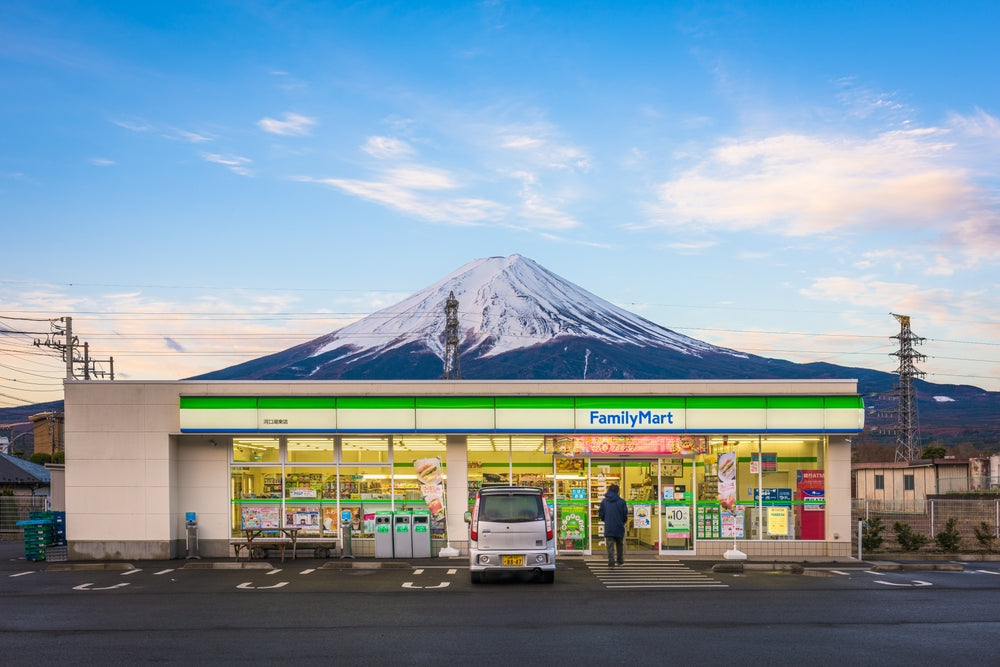Matcha & Mochi
Not so long ago, the flavor “matcha” (also known as the unhelpfully vague “green tea”) hit the mainstream throughout much of the west. And as recently as five years ago, matcha—the actual beverage, that is—has become something of a pop sensation, championed by L.A. it-girls and the spiritually unmoored traveller alike. Whether you don’t fit into either category or fall somewhere else entirely in the scatterplot of human experience, you’ve come to the right place. Here, the matcha milk tea enthusiast is just as welcome as someone who is about to take the plunge and buy their very own matcha tea set.

Before we launch headlong into those green waters, let’s remember the “mochi” half of our headline. Mochi flavors are many, but (generally) they are soft, smooth, and ultra-chewy traditional sweets, or wagashi. Like matcha, mochi arrived in the west in a different form: as the extra-glutinous rice wrapper to a frozen dollop of ice cream. If you haven’t yet enjoyed mochi in its other forms, “mochi ice cream” is an appropriate gateway sweet. Like matcha milk tea or the matcha latte, it takes a familiar food (in this case, ice cream) and introduces a new ingredient! It just so happens that these two consumables—matcha and mochi—go back a long ways. Today, as centuries ago, a tea ceremony would involve a traditional treat (often mochi), its sweetness an offset to the deep, bitter taste of ceremonial-grade matcha.
The traditional tea ceremony is a beautiful art form rooted in a kind of “spiritually-grounded aesthetics” and time-tested over generations. That said, you can include matcha in a casual summer tea time with friends: that’s part of why matcha has different grades in the first place! For your get-together, we encourage you to check out Bokksu’s online storefront, where you can pick out whatever sweets (and teas!) catch your eye. We may be biased, but Bokku has a pretty impressive matcha candy selection, from the extremely popular matcha waffle sandwich to the rare, jiggly matcha pudding. We may be biased, but Bokksu actually sells a range of high quality matcha and mochi products that can be enjoyed both in a friendly summer get-together, a kind of “reception” vs. “ceremony.”
For those interested in building a more traditional experience, Bokksu’s got you covered: all you need is our ceremonial matcha tea set, the best matcha green tea powder you can get your hands on, and, of course, some instructions on exactly how to make matcha tea. Matcha milk tea can be served just about any old way, but tea ceremonies are a different story entirely. For those, you’ll need not only ceremonial-grade matcha, but also wagashi. It just so happens that Bokksu has plenty of mochi flavors to choose from in our mochi collection; you want to go Western-deluxe, you can pick up some chocolate ganache mochi. For a more traditional flavor profile, try some black sugar syrup and kinako (roasted soy bean powder) mochi puffs. If you know how to make mochi (in the average household, this is most easily done via electric mochi maker), perhaps your best option for a tea ceremony will be the ever-popular daifuku mochi: to make daifuku mochi, the glutinous rice, once pounded smooth, remains plain and unflavored, then is shaped into a ball around a scoop of azuki red bean paste. That’s where the sweetness comes from!
There’s not really a “perfect” way to make and drink matcha. The ceremony might begin as you water the garden you’ll look upon whilst drinking, or perhaps when you pour the water you’ll boil to wet your bamboo whisk. You can find plenty of instructions online as to how to make matcha tea, or opinions as to which is the best matcha tea powder to use. The fact is, even with all the right tools and ingredients, if the intention is not present, neither will the ceremony be whole. A traditional tea ceremony is difficult to master, but well worth the effort. In the meantime, we suggest you enjoy a matcha latte, candy bar, or pudding. They’re delicious and make for a nice opportunity to sit quietly with a glass of summer tea, whatever type you choose to drink.
Author Bio







 Bokksu Snack Box
Bokksu Snack Box


